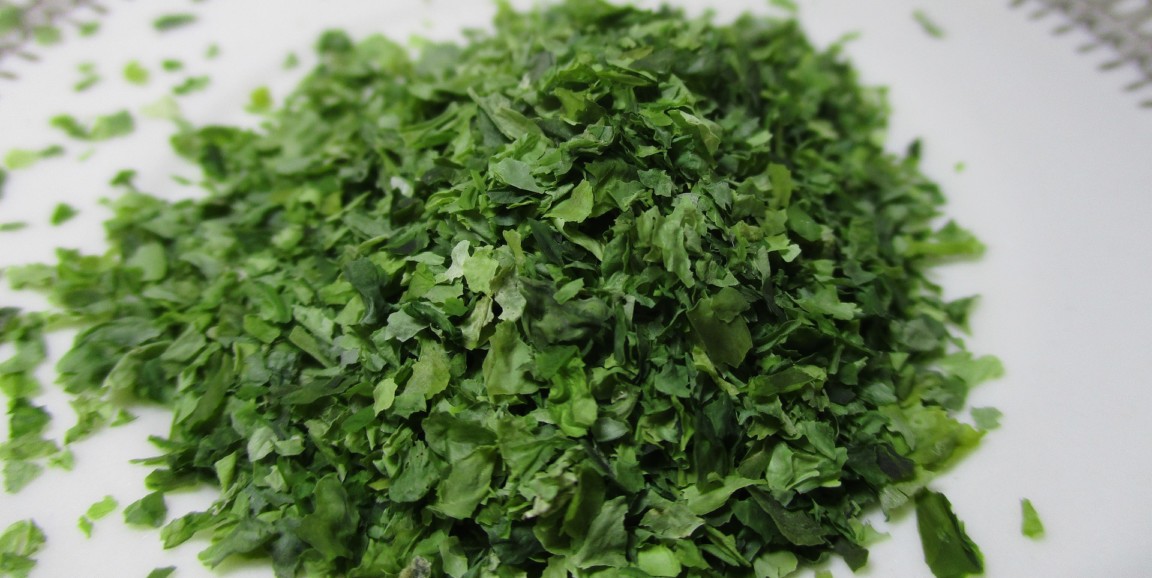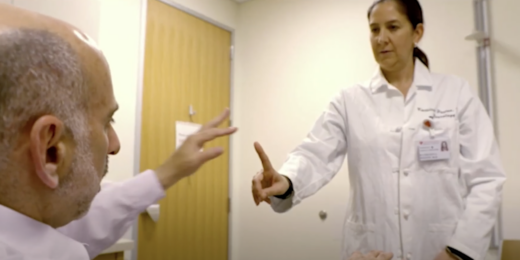We all know the effect of diet on performance. Runners gorge on carbohydrate-rich pasta before a race, a bodybuilder opts for a protein-packed steak to enhance muscle growth and, let’s face it, there’s always going to be a time and place for a strategically gulped, caffeine-laced cup of coffee (I'm looking at you, school drop-off line!).
Not even our gut bacteria are immune to the effects of diet. These denizens of the dark (and presumably smelly) quarters that are our large intestines have evolved with us to enable us to digest all manner of foodstuffs. They thrive on the food we eat and in turn, they provide essential nutrients that keep us healthy, repel pathogens and even help calibrate our immune responses.
The particular composition of gut bacteria is important as well and researchers and clinicians are increasingly interested in manipulating that balance to give a boost to some bacteria and to edge out bad actors. New research led by Justin Sonnenburg, PhD, helps clarify how that might be possible — and it has to do with, not surprisingly, diet. The work appears in Nature.
A Stanford Medicine press release explains his team's elegant approach:
Sonnenburg and his colleagues wondered whether a dietary boost would give specific bacterial strains a leg up in the wild west of the gut microbiome. To investigate, they trekked to the San Jose Wastewater Treatment Facility to find members of the Bacteroides — the most prominent genus in the human gut microbiota — specifically looking for strains that are able to digest an ingredient relatively rare in American diets: the seaweed called nori used in sushi rolls and other Japanese foods. They screened the bacteria collected in the primary effluent for an ability to use a carbohydrate found in nori called porphyran.
'The genes that allow a bacterium to digest porphyran are exceedingly rare among humans that don’t have seaweed as a common part of their diet,' Sonnenburg said. 'This allowed us to test whether we could circumvent the rules of complex ecosystems by creating a privileged niche that could favor a single microbe by allowing it to exist in the absence of competition from the 30 trillion other microbes in the gut.'
The team introduced the nori-digesting bacteria into the guts of mice. They then fed some nori and others ate plain ol' mouse chow. Sure enough, the nori-gobbling bacteria thrived at much higher levels in the mice that were fed nori.
Sonnenburg and team didn't stop there. The more nori the mice ate, the bigger the population of nori-consuming bacteria.
Even Sonnenburg was wowed:
'The results of this dilution experiment blew us away... The direct effect of diet on the bacterial population was very clear.'
The study also suggests that pairing bacteria species with their favorite foods — combined with a bit of genetic manipulation — may one day offer clinicians the ability to fine-tune the microbiome composition — and their patients' health.
Additional writing contributed by Becky Bach.
Photo by F_A




